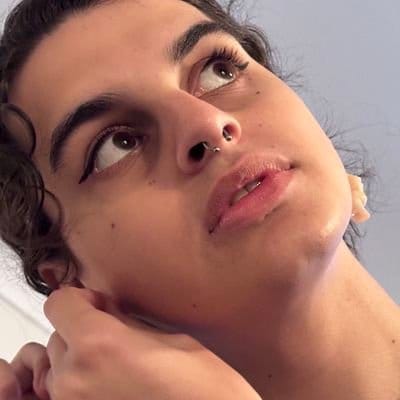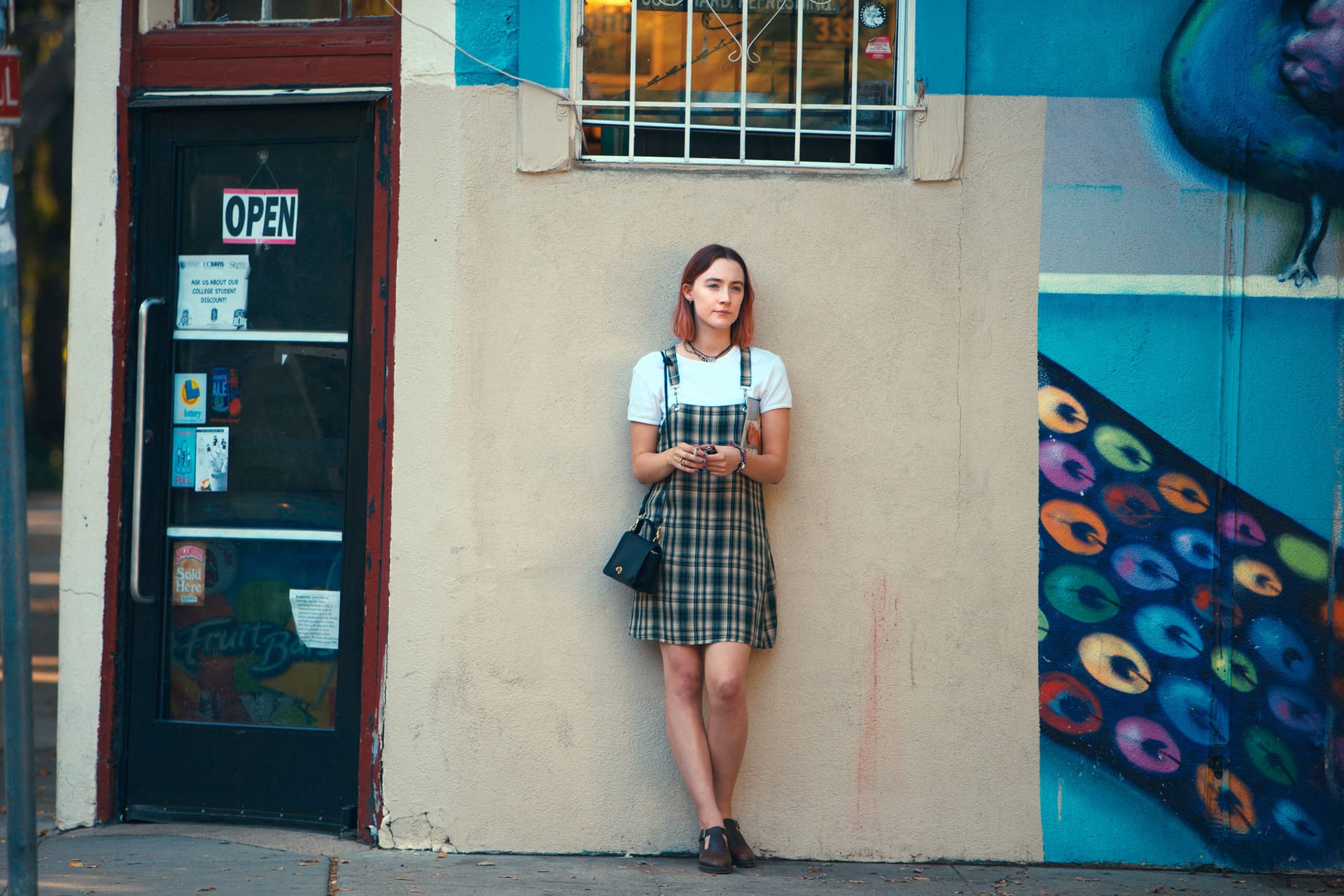There are remarkably few films about being a girl. Greta Gerwig’s Lady Bird (2017) is one of them.
When I first saw Lady Bird, I thought it was pretty good. At the time, I don’t think I could let myself identify with being a girl. It was a denial on my part, but one that I think held me back from really appreciating what Lady Bird has to offer. Gerwig’s portrait of girlhood felt too distant to me, or at least I couldn’t let myself connect to it. Rewatching the film years later, however, I find it startlingly resonant.
Lady Bird was obviously a cultural phenomenon, the poster child for A24’s rise from humble indie distributor to landmark film institution (depending on who you ask) and a breakout solo directorial debut for Gerwig who, just two films later, is directing one of the most hotly anticipated blockbusters of the year in Barbie. It has already cemented itself as maybe the coming-of-age film of the 2010s, and its place in the annals of teen cinema seems all but solidified.
I can’t claim to understand completely why Lady Bird has had this sort of impact, but I think the film’s unique focus on girlhood plays a large part. What Gerwig achieves with Lady Bird marks a significant change in how girlhood has often been portrayed: where the films that came before it can be somewhat cynical, Lady Bird is nothing if not deeply personal and honest. It’s not necessarily concerned with answering questions about what it means to be a teenage girl, in fact, it doesn’t really seem to strive towards any sort of universality at all. Lady Bird, as our titular protagonist reconceives herself, is written not as an avatar of girlhood but as a human being. Her interior life is so vivid, so real, and it’s in this particularity, this attention to detail in the creation of a singular human character, that the film seems to find its universal resonance.
I see so much of myself in Lady Bird, more than I was willing to admit when I first met her all those years ago. I share her desire for something more, to be close to culture and art, and away from the suburban hell which we both seem to find ourselves in. But most of all, I think what connects us is our desire for human connection. Lady Bird is a movie about a girl trying her hardest to find not only herself, but someone who can love her (and like her as well). At the film’s end, I’m not sure she has succeeded. I suppose I’m looking for the same thing.
I often feel like I missed out on girlhood, but films like Lady Bird make me realise just how close it’s always been. So often we find ourselves in movies, but it’s a rare pleasure when the movies find themselves in us.
“We’re afraid that we will never escape our past. We’re afraid of what the future will bring. We’re afraid we won’t be loved, we won’t be liked. And we won’t succeed.”
Lady Bird can currently be watched on Prime Video, Binge and Foxtel Now in Australia, or rented through a variety of other services.

